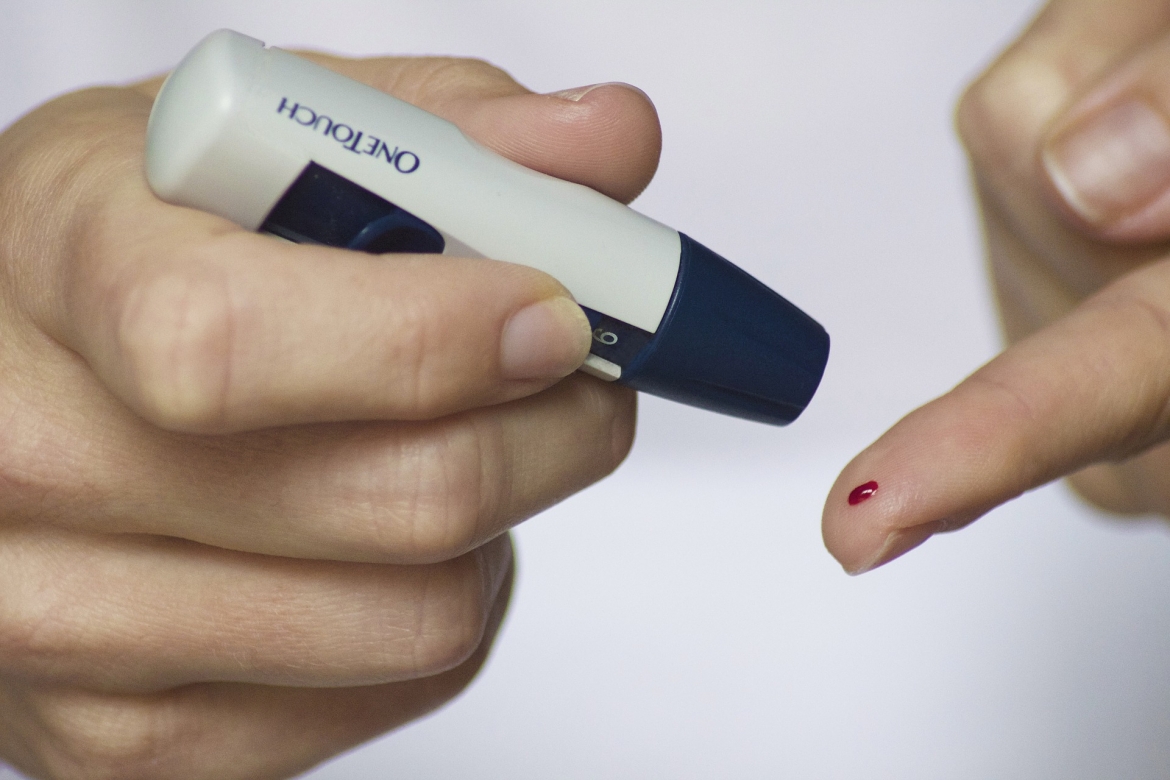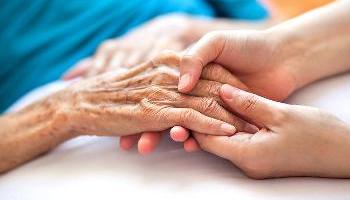How to manage Diabetes
In came Mr. A, someone whom I had last seen 2 years ago. We had first met 5 years ago when he was first diagnosed diabetic at 45 years of age. Scared as he was things went well with good lifestyle modification as well as medications and everything appeared in control. But now they had gone haywire again. In last 2 years gradually, he had stopped dieting and then given up on medications and monitoring for diabetes too. Something that had followed reading messages from social/internet media which showed that glucose levels of 250-300 no longer are harmful. Then I wondered what had got him here and a glance at his reports showed that the urine is now passing proteins and creatinine has increased slightly above normal. This virtually meant that the whole window of maintaining good glucose control and preventing complications is gone. Infact when a patient with an evolved heart or kidney disease comes to clinic with an aim to keep glycemic control tight we need to explain that now at this point in life all the problems cannot be reversed. The damage is done, and no degree of good glucose control can now undo it.
The whole story summarized the happening of a good majority of diabetic patients. From diagnosis to complacency to complications and then deterioration. In the write up that follows I have looked to pen down the life lessons or basic commandments that a diabetic patient should follow to live well with diabetes.
- 1. Screen regularly and accept the diagnosis: One of the major issues in diabetes is the delay in diagnosis as its an asymptomatic disease. The expert recommendation states that anyone above 35 years of age should regularly get checked for diabetes on a yearly basis. And once a fasting sugar is above 126 and post meal is above 200 or an HbA1C (average glucose load of last 3 months) is above 6.5% diabetes is diagnosed. At that point whether there are symptoms or not it is important to meet a doctor to formulate lifestyle modification strategy and treatment plan. If started early diabetes can be reversed by good lifestyle modification.
- 2. Starting good work is easy maintaining is difficult: UKPDS was the largest study which looked at what happened to diabetic patients over time and it concluded that those who were well controlled in first 10 years had a significantly a smaller number of complications as compared to those who were not well controlled in first 10 years of life. So, it is most important to monitor glucose regularly. It will surely improve with time and normalize after initial measures, but the main task lies in maintaining it over a period. Like most startups only remain startups most diabetic patients remain only good starters. The ones who are successful are those who maintain good lifestyle and comply with medications as need be.
- 3. Face your fears, at least once a year: Most of the times diabetic patients will ask doctor to I have a heart problem or a kidney problem or a question like will I lose my sight. And I tell them to get the things tested. Almost all complications of diabetes go from reversible early stage to evolved late stage. Its important to catch them early and if possible reverse it. And so, its important to annually screen for kidney and liver function, lipid profile, electrocardiogram and retina(eye) test. Also, its important to get the foot examined by your doctor at each visit.
- 4. Learn to handle the pressure: More than the glucose level what causes downhill course in diabetic patient is the blood pressure. It is important to keep the blood pressure in strict control by salt restriction, regular exercise and medications. An uncontrolled or neglected blood pressure will invariably result in downhill course.
- 5. Learning by doing: One of my patients asked me about two meal a day diet and how he was following it and had lost few kilos. On asking to get glucose tested it was revealed that post the morning meal it has gone up to 350 and was coming to 64 by evening meal. Had the glucose level not been tested the gentleman would never have realized this. And so, it is important that whenever you do any change in lifestyle or medications its must to monitor glucose level. It is possible that some medications may not be effective in an individual which he or she will not realize till glucose levels are not monitored. Similarly, if someone is doing a good diet or exercise with intention to reduce medications it can’t be done without monitoring glucose levels regularly.
- 6. Choose the right path (even on internet): Our journey of life takes us through various choices and its our choices that make our life. Many times, we are guided by mentors/parents/media/internet in going with the choices. When you google diabetic patient can eat sugar you may even be guided to a page where someone may have put a story where he or she ate sugars to cure diabetes. Such pages may be advertised or promoted to get more hits. But when you google expert opinions or society guidelines on how much sugar diabetic patient can consume you will be taken to choices which are societies/authorities have taken stand on the issue and it is always good to verify with your doctor whether the stand suits you. Ultimately it is going to be your choice whom to follow how much sugar to eat as the consequences are also to be faced by you. The guiding principles are known as guidelines and most societies have patient friendly versions also for them.
- 7. Respect your destiny and modify your free will: “Doctor my parents are diabetic, will I also be one” is a question many have. It remains a fact that we can not choose our parents our genes or our place of birth. This is our destiny. But we can always be more constructive in our free will to modify our destiny. If your both parents are diabetic it is important that you maintain weight, exercise regularly eat in measured manner and more importantly get tested regularly for diabetes. If there is a family history of diabetes or kidney disease, then more regular or aggressive measures in that specific direction are indicated. Similarly, it is not uncommon for a grandma to say that my food is cooked separately as I am diabetic, why should others suffer. The wiser way of thinking would be that I am diabetic, and I don’t want my next generations to be diabetic. So, I must ensure that they also eat healthy food and exercise regularly. The diet and exercise instructions for a diabetic patient are infact applicable to all individuals who intend to live healthy and prevent complications for lifestyle diseases.
It is important to realize that the problem of diabetes has gripped the world. More so our genetic makeup or destiny has made it worse and its growing exponentially in our country. As we resolve to fight against common problems like poverty, inflation or simple day to day blues like traffic congestion it is also important to fight for our own health. And so, it is important to modify our free will to make the right choices. Choices that are guided by wisdom from our ancestors and experts in the field. This knowledge should percolate in our behavior to eat right and have a right amount of physical activity. And when you make a choice they must examined at regular interval or when you follow a lifestyle or start a medication its effect must be reassessed regularly in an objective manner. Success is a destination at the end of right path and so successful diabetes management can only be achieved by choosing the right way. 2 meals or 20 steps have never cured diabetes, but a right balance will always help everyone live well with or without diabetes.







